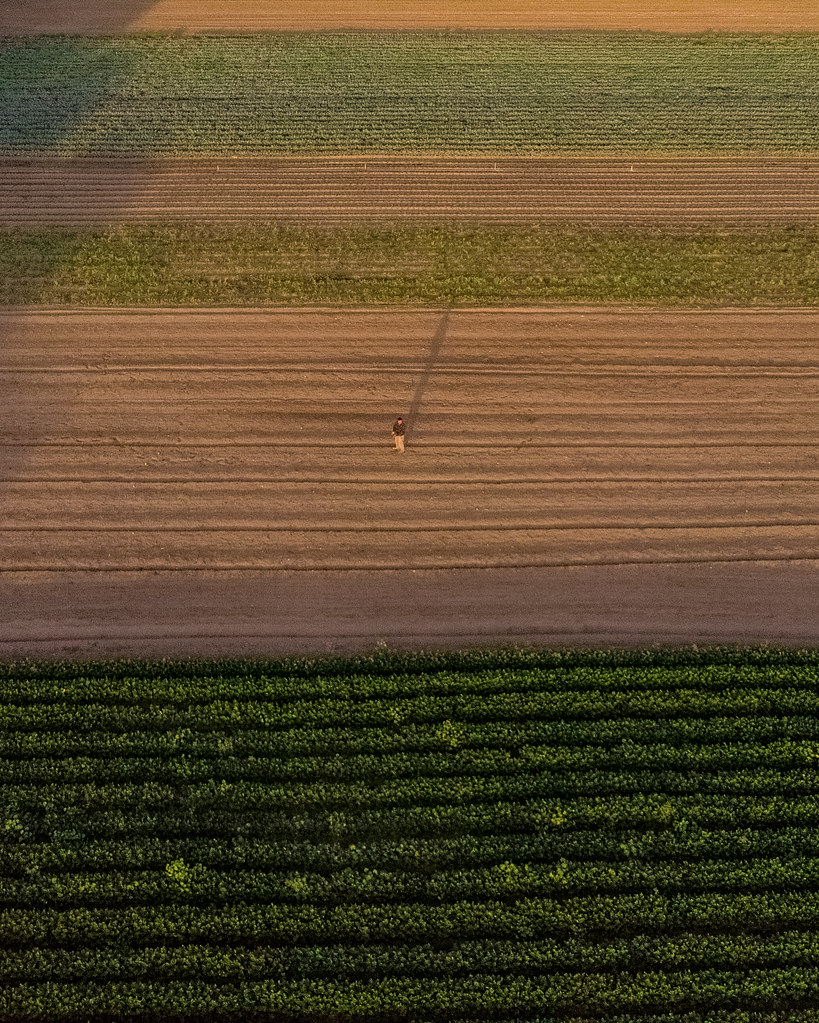“The UK remains a long way from meeting our climate targets.”
.
One of the gaps highlighted by the Climate Change Committee in its recent report was the government’s policy for home insulation, particularly given soaring energy bills:
Insulate! – Vision Group for Sidmouth
Another serious gap is in agriculture and land use, with fresh comment from the ADAS consultancy:
The Climate Change Committee (CCC) published their most recent report on 29 June 2022, providing the latest assessment of UK greenhouse gas (GHG) emissions and progress in emissions reductions. The report finds that UK emissions are now almost half (47%) their 1990 levels, demonstrating that good progress has been made (in some sectors). However, despite this initially promising statistic, the UK remains a long way from meeting our climate targets (Net Zero by 2050) and action in certain sectors (e.g., agriculture and land use) has been too slow...
Policies in agriculture and land use sectors not fit-for-purpose to achieve UK climate goals | ADAS
From Business Green:

Agriculture is the missing piece in the UK’s net zero plans | BusinessGreen Opinion
And from the Farmers Weekly:
Agriculture’s progress to reduce greenhouse gas emissions has been described as “glacial” in a damning independent report that says the government is not on track to meet its net-zero target by 2050. The Climate Change Committee (CCC) 2022 progress report to parliament concludes that agriculture and land use have the weakest policies, despite being vital to delivering net-zero emissions. In further criticism of the government’s recently published food strategy, the CCC said the plan did little to address farming’s slow progress on reversing climate change, which must now be remedied in the new land use framework promised next year...
Farming’s net-zero progress is ‘glacial’, says damning report – Farmers Weekly
But this is hardly news – with this from Frontiers in Climate from two years ago:
Land use is a crucial sector in delivering enhanced carbon sequestration globally. At the same time food production is a major source of global greenhouse gas emissions. As pressure mounts for all nations to increase their levels of ambition under the Paris Climate Agreement, so the pressure to radically reduce emissions from the agriculture sector and enhance carbon sequestration in the land use sector also ramps up. This trend is most clearly evident in the drive for “net zero” where unavoidable emissions, such as those from food production, are balanced by more sequestration via land use change.
Here we examine some of the major risks, applicable safeguards, and potential pathways for agriculture and land use in realizing net zero. Using the UK as an example we highlight the importance of governance, finance, skills, research and technology, and society in this transition. We conclude that successful land use policy for net zero will require extremely demanding levels of integration and spatial resolution…
Frontiers | Land Use and Agriculture: Pitfalls and Precautions on the Road to Net Zero